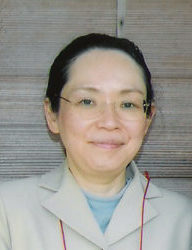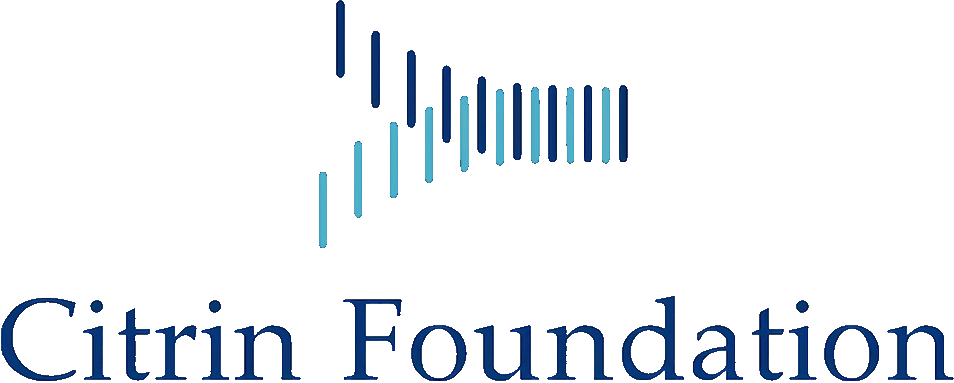Ayano INUI M.D., Ph.D.
Director, Division of Hepatology and Gastroenterology, Saiseikai Yokohamashi Tobu Hospital
Natural history study is launched in Japan
Natural history study of citrin deficiency patients is led by Dr Ayano Inui in Department of Pediatric Hepatology and Gastroenterology, Saiseikai Yokohamashi Tobu Hospital, Japan. The study is funded by Citrin Foundation.
The purpose of the study is to examine possible factors that relate to conditions and symptoms of citrin deficiency, consider proper treatment of citrin deficiency and prevent of the onset of CTLN2.
The study has 3 sub-studies as follows:
Study 1. Retrospective study on conditions and symptoms
Purpose: There is no report to explain the relation between conditions/symptoms of citrin deficiency and biochemical data/amino acid profile/detailed nutrition. This study is to suggest possible factors that relate to conditions and symptoms and examine dietary characteristics and physical development of citrin deficiency patients.
Participants: Approximately 30 citrin deficiency patients with medical records at Saiseikai Yokohamashi Tobu Hospital.
Method: The physical data, conditions, symptoms, and examination results from the medical records and the diet/nutrition records of the patients from their first visit to Tobu Hospital up to March, 2021 will be collected and statistically analyzed.
Study 2. Continuous Glucose Monitoring and Diet
Purpose: Citrin deficiency patients take less carbohydrate than healthy individuals, which may put the patients at higher risk of hypoglycemia. Hypoglycemia is not always easy to detect during childhood. The study is to detect any occasion of hypoglycemia over the period of a whole day and examine possible relations between food/nutrient and the glucose level.
Participants: Approximately 10 citrin deficiency patients who are 4 years old and above who have medical records at Saiseikai Yokohamashi Tobu Hospital.
Method: The participants will be asked to wear a small patch on their arm to monitor the glucose level for 24 hours for a maximum of 14 days. There is no restriction on their activity. They will be asked to keep the track of foods and drinks for 7 consecutive days by writing up a full record or taking photos. The patch and the record will be collected and the data will be analysed. The data and the record will be fed back to the medical record of each participant.
Study 3. Base value of PSTI
Purpose: PSTI level is found to be higher for CTLN2 patients and is thought to be one of the possible diagnosis evaluation markers for citrin deficiency however there is no base value for children. This study is to suggest a base value for non-citrin deficiency children and to investigate the possibility of using PSTI as one of the diagnosis markers for citrin deficiency.
Participants: Citrin deficiency group will be participants from study 1. Control group will be selected from the patients at Saiseikai Yokohamashi Tobu Hospital who do not have pancreatic disorders, tumors, and other conditions that affect PSTI level.
Method: The frozen serum sample or collected serum sample available for the study at the hospital will be used under consent. PSTI level will be measured and analyzed. The data and the record will be fed back to the medical record of each participant.
(Updated February 2020)


 Dr. Inui is a Director in Division of Pediatric Hepatology and Gastroenterology at Saiseikai Yokohamashi Tobu Hospital, a Professor at Toho Graduate School of Medicine, and a Vice Chief Director at Japan Pediatric Hepatology Research Center.
Dr. Inui is a Director in Division of Pediatric Hepatology and Gastroenterology at Saiseikai Yokohamashi Tobu Hospital, a Professor at Toho Graduate School of Medicine, and a Vice Chief Director at Japan Pediatric Hepatology Research Center.